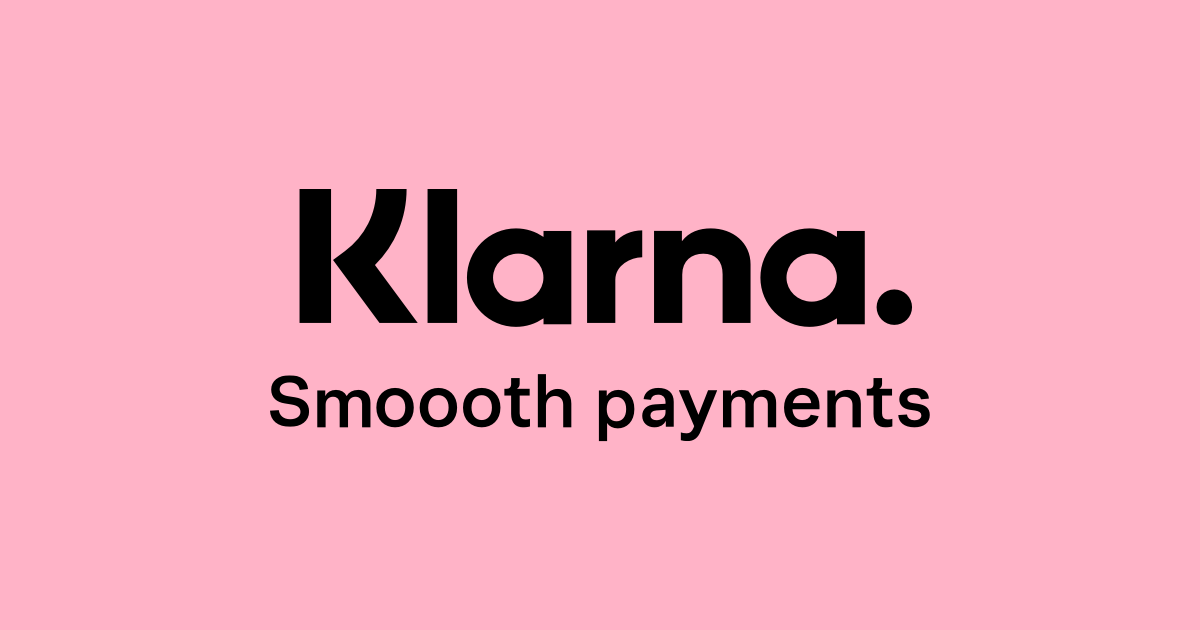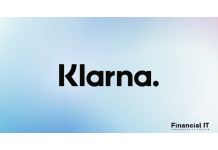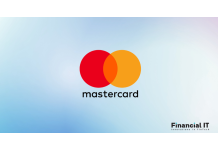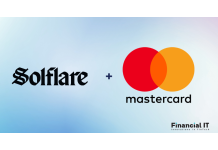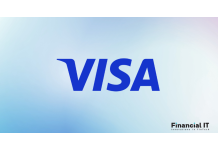Mastercard Accelerates the Future of Mobility With...
- 21.11.2025 02:35 pm
Mollie Ready for AI Payments Before OpenAI Launches in...
- 21.11.2025 12:45 pm
Klarna Deepens Partnership With Blackhawk Network to...
- 21.11.2025 09:25 am
Zilch Becomes Official Way to Pay for Arsenal Football...
- 21.11.2025 09:25 am
Aero Commerce Partners With DNA Payments to Deliver...
- 20.11.2025 01:55 pm
Diebold Nixdorf Supports Major European Drugstore...
- 20.11.2025 01:45 pm
Global Payments Announces Uber Eats Partnership at...
- 20.11.2025 11:55 am
Mastercard Brings Agentic Payments to Life With Majid...
- 20.11.2025 10:25 am
Solflare Partners With Mastercard to Launch Solana...
- 20.11.2025 08:55 am
Pipe Announces Expansion Into Australia With Partner...
- 20.11.2025 08:55 am
Nuvei and European Payments Initiative Launch Wero...
- 20.11.2025 08:45 am
Visa Stay Secure Study: 96% of Consumers in Egypt...
- 19.11.2025 11:45 am

